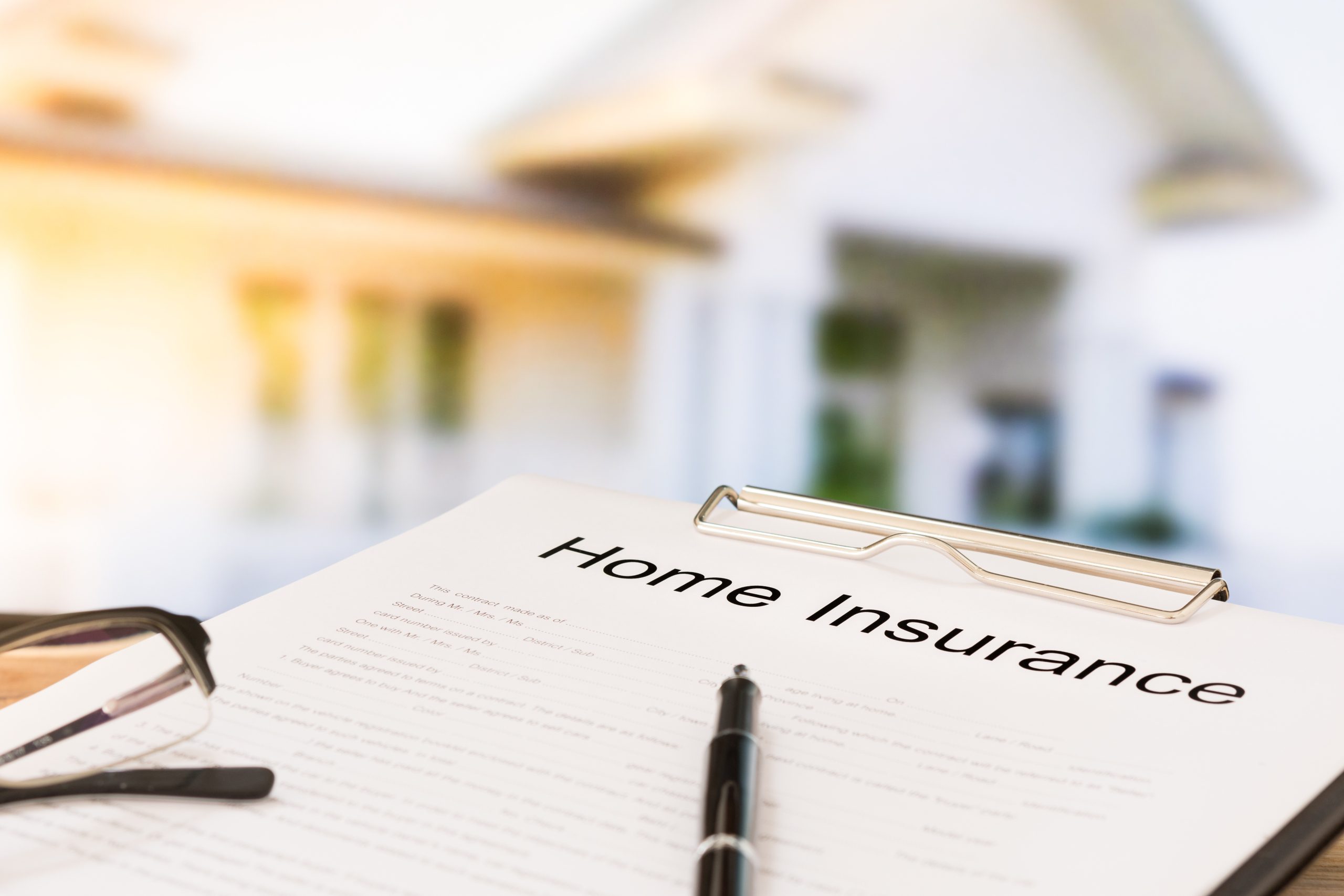You Ask, We Answer: What Should I Look for In Homeowners Insurance?
Once your Calcagni Real Estate agent has helped you find a home in Connecticut to buy, you’ll have a list of things to do that feels a mile long–but one of the most critical “to do’s” is to secure homeowners insurance for your new home. Knowing what you should look for in homeowners insurance, what it covers (and doesn’t) and what options you may have when choosing a policy can help alleviate at least a little stress prior to your closing. Read on to learn more about homeowners insurance.
Why do I need homeowners insurance?
Homeowners insurance is a necessity when buying a home. Not only does it help protect you and your home, but it also helps protect the bank that’s holding your mortgage–and that’s why your mortgage company will undoubtedly require you to have it for the entirety you’re paying off your mortgage. If homeowners insurance is required by your mortgage lender, not carrying it can result in serious consequences. According to Experian, “If you’re paying a monthly mortgage, you probably have no choice but to pay for homeowners insurance. If your mortgage lender requires it and discovers your home isn’t insured, it could initiate foreclosure, resulting in the loss of your home. Or the lender might simply force you to get homeowners insurance by getting new coverage for you and adding it to your monthly mortgage payments.”
What does homeowners insurance cover?
Homeowners insurance can protect your home against damage from theft, some natural disasters or other damage, and personal liability.
Exterior and interior damage
If your home falls victim to a fire, hurricane, vandalism or other types of damage to the exterior or interior of the property, homeowners insurance can help you pay for the repairs. Of course, each policy is different, so you want to be clear on exactly what is covered in your policy; damage from flooding or earthquakes may not be covered, or may require additional coverage depending on your location.
In addition, be sure to do your due diligence so you understand what items within your home are covered in the event of a disaster; if you have a lot of expensive items, you may want to inquire about additional insurance.
Personal liability if someone is injured on your property
Many homeowners insurance policies offer liability coverage in the event that someone is injured on your property, damages something in your home, or–depending on your policy–may cover medical expenses in the event that your pet bites someone. Again, it’s smart to ask around and compare policies and coverage offered, so you have a thorough understanding of exactly what is covered under different homeowners insurance policies, and under which circumstances.
Cost of short-term living arrangement in the even of repair
Some homeowners insurance policies will also reimburse you if you need a short-term living solution while your damaged home is being repaired. Maybe you have to rent a hotel room, or take up in an AirBnB until your home is livable again after a fire or other natural disaster. Homeowners insurance can help defray the cost of not only your temporary housing, but may even kick in to cover the cost of food while you’re out of your home. Ask your insurance provider about “additional living expenses” coverage.
What’s not covered by home insurance?
As we previously mentioned, some natural disasters like floods or earthquakes are not included in many homeowners insurance policies. This doesn’t mean you can’t possibly obtain coverage for these natural disasters, but you may have to purchase additional coverage at a higher rate.
In addition to natural disasters not being covered, some home repairs may not be covered, as well. If you have sewers or drains that have backed up, your homeowners insurance may not cover these repairs. Sinkholes may not be covered, nor pests like termites or rodents, and even mold damage can be left off your insurance policy–especially if you can’t provide proof that you’ve taken preventative measures. Shop around to make sure you’re able to obtain the homeowners insurance that makes the most sense for you and your new home.
Choosing a homeowners insurance policy
When it comes to choosing homeowners insurance, it helps to compare and contrast policies to understand the coverage offered, rates, and how easy it will be to add or subtract coverage, depending on your evolving needs. Be sure to ask your insurance agent to explain what’s not covered; this can be just as critical as understanding what is covered. You’ll also want to take into account the items you own, including furniture, electronics, antiques, and artwork; ask your insurance agent the best way to ensure these will be covered by homeowners insurance.
Your Calcagni Real Estate agent will be able to confirm when you’ll need proof of homeowners insurance prior to closing; they’ll also be able to offer some recommendations for insurance brokers to speak with about policies that are best for you and your Connecticut home. With some thoughtful due diligence and a little bit of time, you can find the homeowners insurance policy that will keep you and your home safe for years to come.



